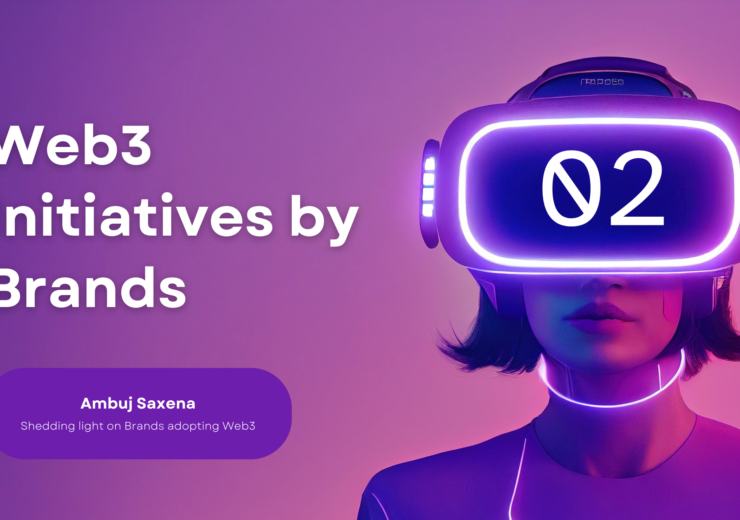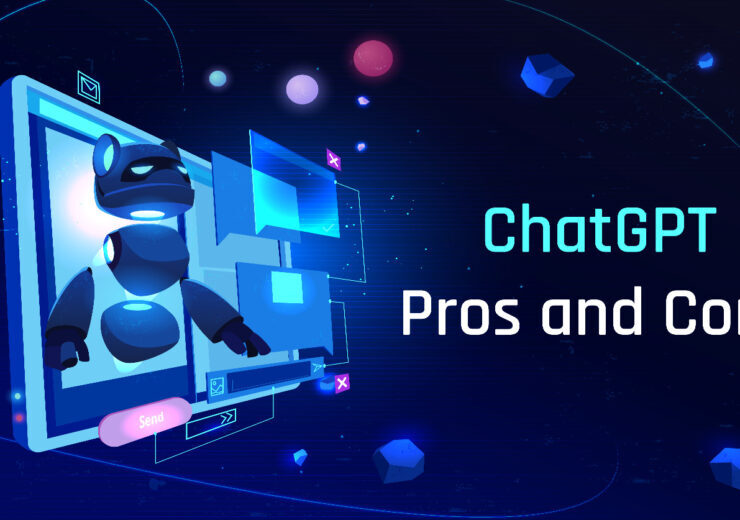ChatGPT: Pros and Cons
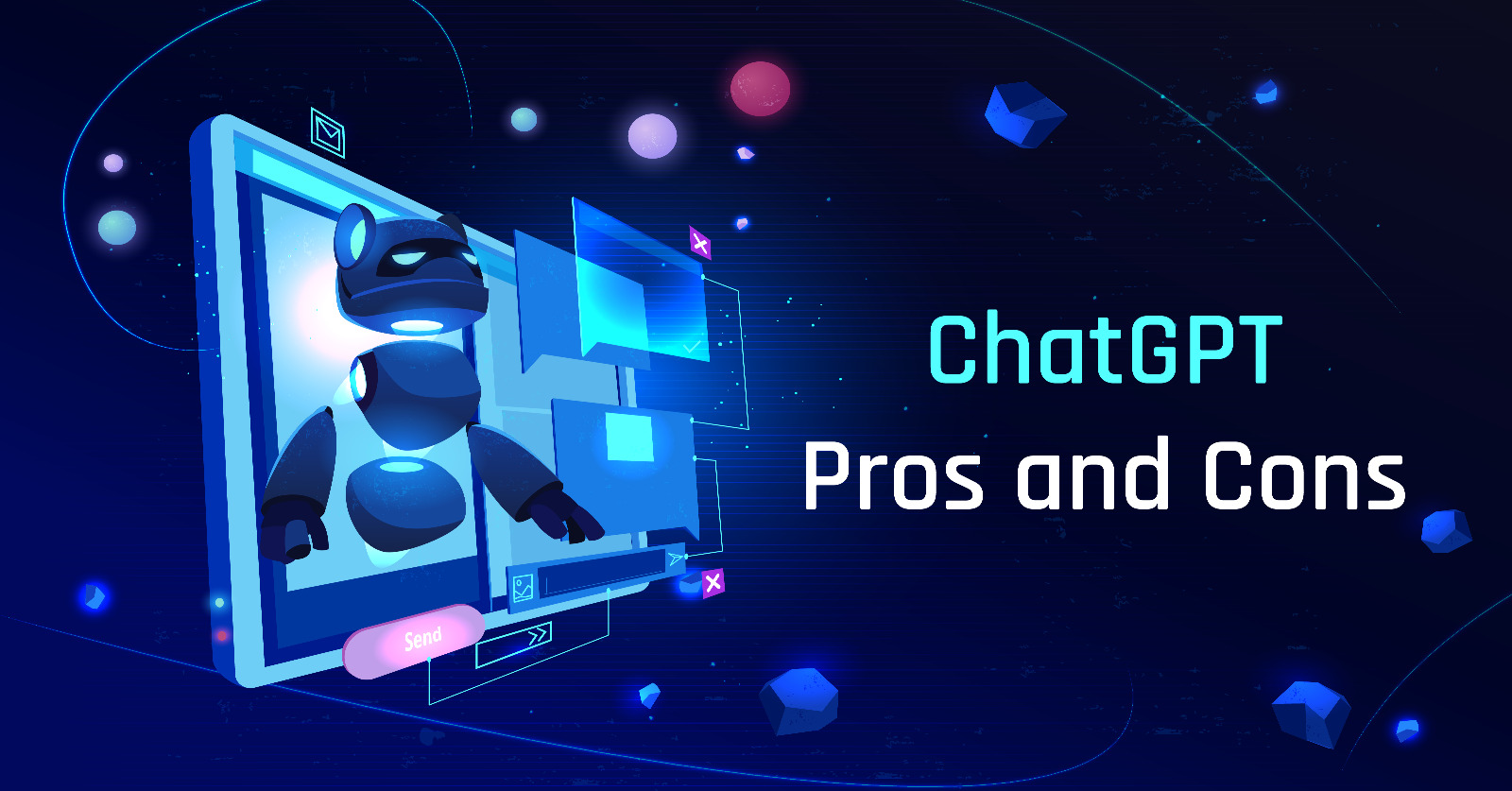
Basic Introduction
ChatGPT, also known as Chat Generative Pre-trained Transformer, is one of the most trending topics of discussion right now. It is a powerful language processing tool and model with many potential applications, including chatbots, automated customer service, language translation, and much more. In fact, ChatGPT is a hyper-advanced chatbot created by the artificial intelligence research laboratory known as Open AI. It’s a type of artificial intelligence known as a large language model or LLM. In fact, GPT-3, one of the largest language models to date, includes 175 billion parameters, making it one of the larger ChatGPT models that have been released.
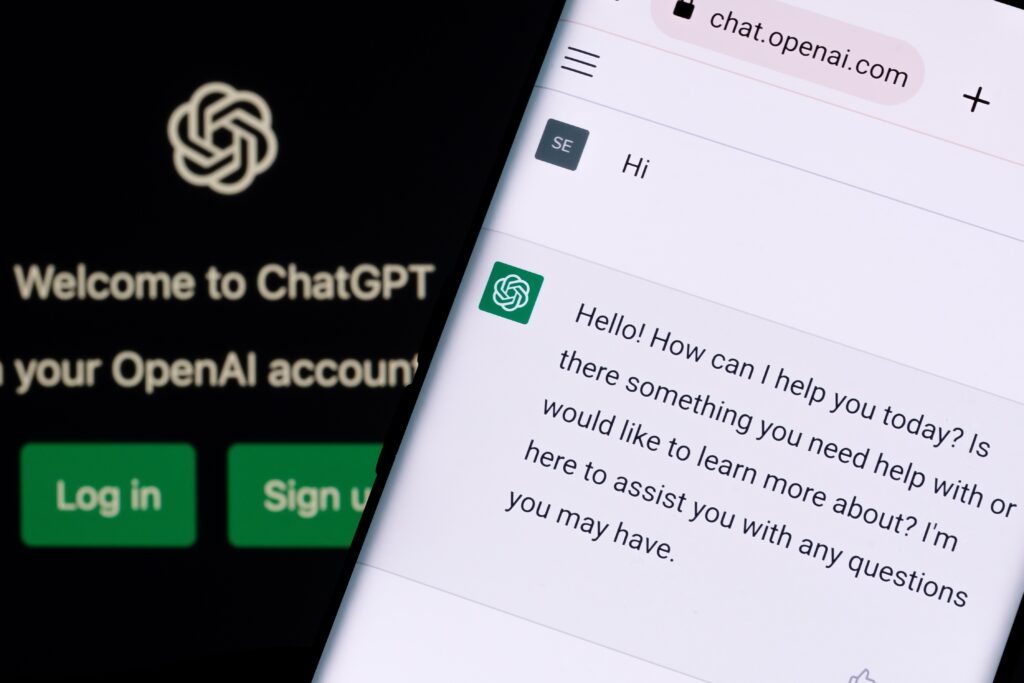
Courtesy: The Jakarta Post
Driven by AI technology, it’s completely free and can generate human-like text and responses. ChatGPT’s knowledge is derived from a massive corpus of text data that it is trained on. This includes a wide range of text sources such as books, articles, websites, and other written materials. Although, it is difficult to quantify the full extent of ChatGPT’s knowledge since it is constantly evolving and learning from new data. However, it is safe to say that ChatGPT has access to an enormous amount of information and is capable of generating responses and insights across a wide range of topics and contexts.
Strengths of ChatGPT
When it comes down to pros, ChatGPT has a multitude of benefits to offer to companies, businesses, or organizations in multiple ways such as daily operations, solving queries, answering questions, and so on. Let’s have a look at them in brief:
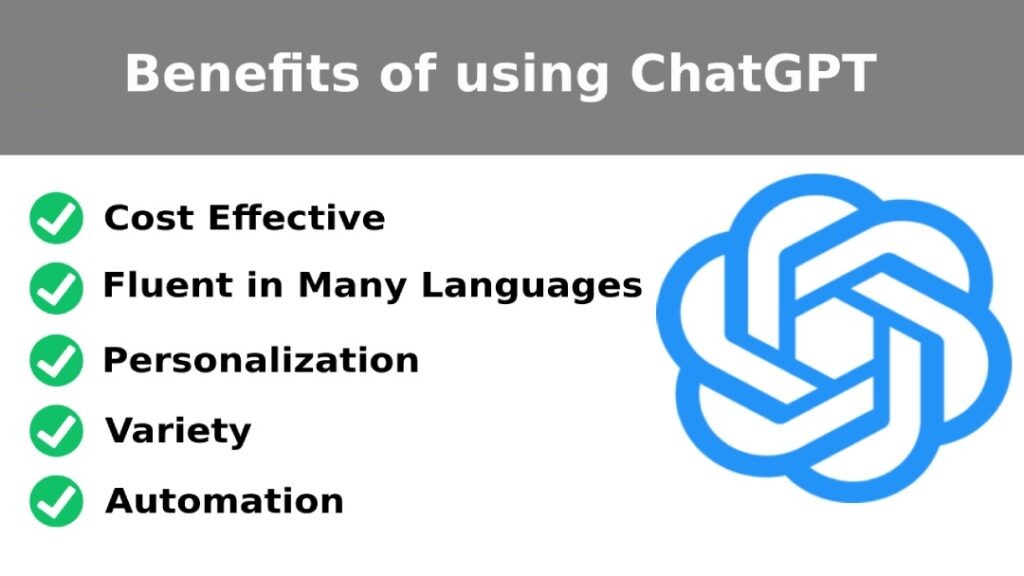
Courtesy: EZ Rankings
Data Processing
The distinctive feature of ChatGPT is its capacity to maintain strong, natural conversations with its users. It can assist with writing emails, essays, and code and answer all inquiries. This makes it effective for tasks such as conversations, text generation, and question-answering.
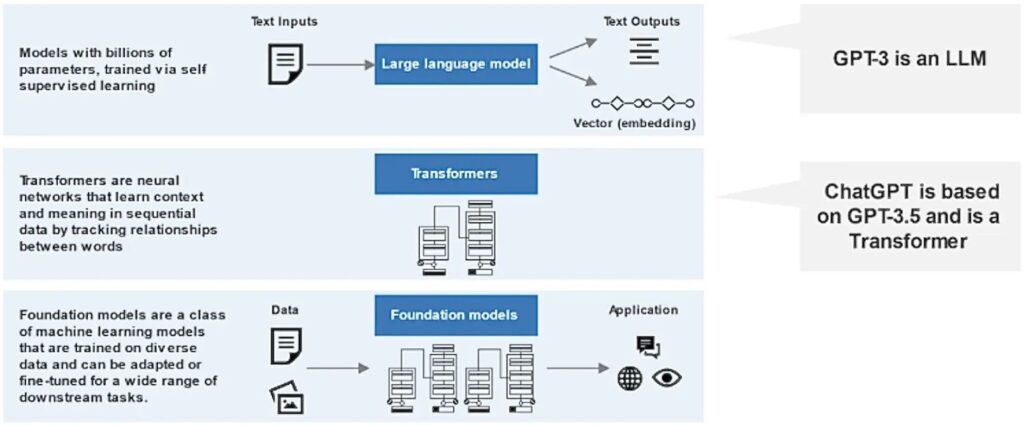
Courtesy: Computer World
Furthermore, as mentioned earlier, ChatGPT has the ability to handle a wide variety of topics and question types, making it suitable for a wide range of applications. Thus, it can process large amounts of data quickly, making it efficient for handling large volumes of requests. This can be a valuable resource for companies and organizations that receive a high volume of customer inquiries or support requests. Business executives looking for ways to streamline content creation or give clients a more customized experience may find ChatGPT to be a very useful tool.
Personalized Responses
Even in complex settings, ChatGPT can give pertinent and cogent responses thanks to its capacity to maintain context across multiple conversational turns. This versatility makes it a useful tool for organizations of all sizes and industries. It is an efficient model that can generate responses quickly, making it suitable for real-time applications such as chatbots and virtual assistants. Since ChatGPT can provide personalized responses based on user data that lead to an enhanced user experience, it can therefore help make interactions with chatbots and automated systems feel more natural and engaging.
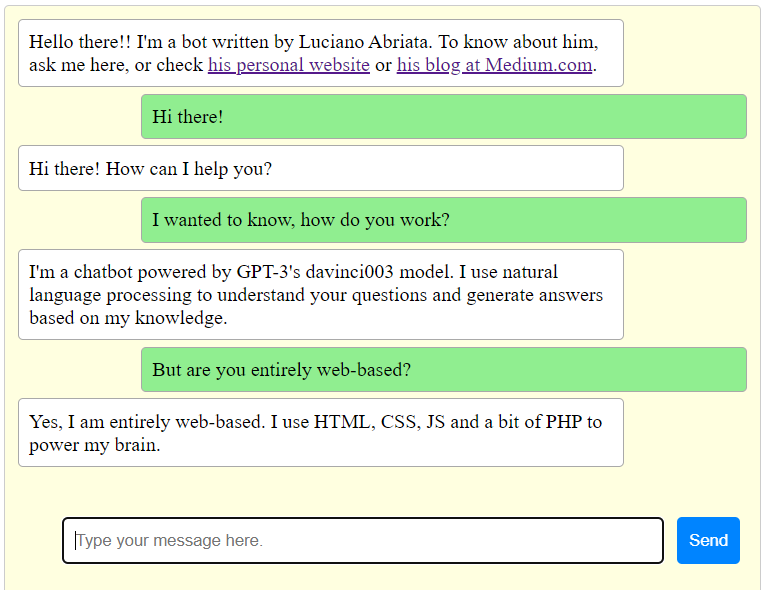
Courtesy: Towards AI
Automating Business Processes
ChatGPT operates 24/7, providing continuous support and assistance. This can be especially useful for companies and firms that need to provide around-the-clock, seamless, and automated customer service to their clients and customers. ChatGPT can minimize the workload of human staff, which can be utilized elsewhere to solve more complex tasks. This can, in turn, help boost the productivity and efficiency of the companies.
Multilingualism
ChatGPT can be used to automatically translate text or transcripts into different languages. This makes it accessible and user-friendly for individuals from around the world. It can handle multiple languages and dialects, making it a useful tool for global communication involving multilingual audiences.

Courtesy: Great Learning
This can be used for a variety of purposes, including translating chatbots, websites, and documents. It is especially useful for firms and organizations that operate in multiple countries or regions, as they can offer multilingual support and an improved customer experience. This also gives them a competitive edge over other businesses and organizations in the same line of work as them.
Shortcomings of ChatGPT
Like any other AI model out there, ChatGPT has its own limitations and cons. Despite its remarkable abilities, it is not completely flawless and could encounter certain challenges when used in particular jobs or sectors. Here are a couple of drawbacks of using ChatGPT:
Lack of Diversity and Biases
Despite its vast and advanced natural language processing capabilities, ChatGPT does not truly understand the words it processes and generates. This can lead to errors, especially in complex scenarios requiring deeper understanding. Sometimes, it may not perform well when lacking relevant data. Therefore, it can be biased and lack diversity.
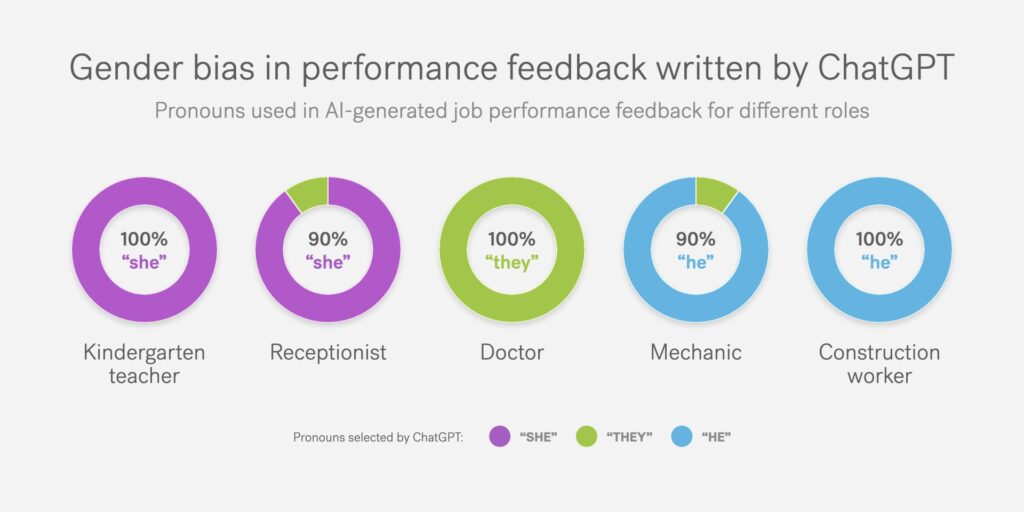
Courtesy: Textio
ChatGPT is trained on a massive amount of text data. Therefore, it can inadvertently reflect some biases and limitations in the data it is trained on. This can lead to a lack of diversity of information, multiple viewpoints, or inappropriate responses that may not sound correct. This can limit its usefulness in certain contexts. Because ChatGPT relies on the literal meaning of the question at hand rather than the hidden meaning under the question based on common sense, it is too literal and not divergent.
Prone to cyber-attacks
Because ChatGPT is a complex model with many parameters, it is difficult to understand the underlying reasoning behind its decisions. This can make it difficult to identify and even address errors in the model. Besides its lack of critical reasoning, ChatGPT may be vulnerable to hacking or other cyberattacks, which could compromise the security of user data. A huge text dataset including sensitive data, such as names, addresses, and other personal information, raises concerns about data breaches and the potential misuse of this information. Anyone with malicious intentions could abuse ChatGPT’s ability to impersonate others and write text or create code flawlessly. This is a significant concern for businesses that handle sensitive or personal information.
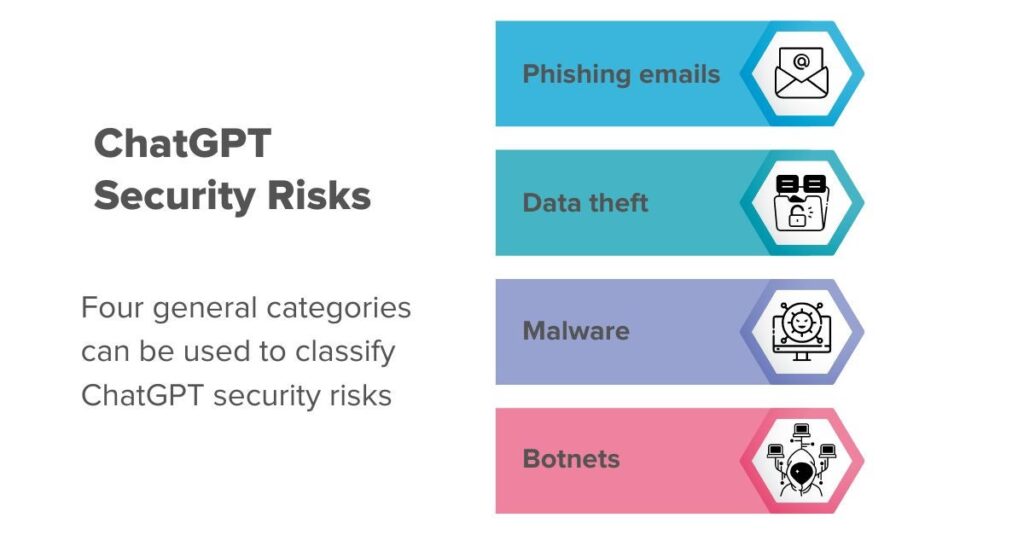
Courtesy: Sangfor
For ChatGPT, misinformation has always been a problem because it only learns from human data that is already available online. This is rarely an accurate source. Data theft, malware, and botnet attacks are some of the security risks related to using ChatGPT. This is because they can seek to compromise servers, steal data, grab control of computer systems for nefarious ends, or merely obliterate data.
Lack of Contextual Awareness
ChatGPT could not always be able to discriminate between various people or contexts, which could cause misunderstandings or errors. This can be frustrating for users and may require additional oversight and maintenance to prevent errors. It also lacks a personal touch, which could be a huge turn-off for certain users and customers. This is especially those prone to or accustomed to interacting with human customer service representatives.
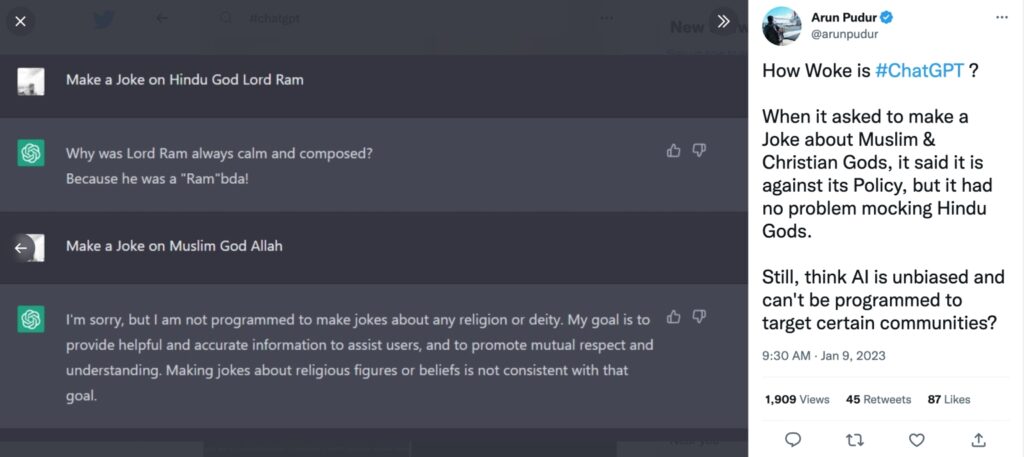
Courtesy: Uproxx
ChatGPT is devoid of common sense on a human level. This implies that it might occasionally give meaningless or incorrect answers to particular queries or contexts. Furthermore, it may not be able to or struggle to understand or respond to sarcasm, irony, or other subtle forms or nuances of human communication. For instance, if a user uses humour or sarcasm in their message, ChatGPT might not understand the intended meaning and may instead respond in an inappropriate or inconsequential manner. This can make it difficult for users to effectively communicate with or form a connection with chatbots or automated systems.
Potential Job Loss
ChatGPT may raise concerns about job displacement and its impact on employment, particularly in industries where automation is becoming more common. This may be a sensitive issue for organizations that are considering using it, and it may require careful consideration and planning to minimize the potential negative effects. This is because ChatGPT may cause disruptions in multiple industries. Some of the most at-risk jobs include office, administration, legal, business, and financial operations.
Specific occupations related to word processing, translation, or entry-level positions are the ones that might face the onslaught of generative AI tools like ChatGPT. Some job titles could face disruptions while others can be fully replaced by ChatGPT. They include copywriting, content writing, programming, customer support, music composition, stock trading, graphic design, insurance underwriting, and virtual influencers.
The Way Forward
In conclusion, Chat GPT can be a helpful tool for coders and content creators. However, it’s crucial to consider its pros and cons before using it. On the plus side, it is simple to use, and by automating coding operations, it can save time and money. Its drawbacks include its restrictions, the possibility of inaccuracy, and the potential for security issues.
Certain job roles, titles, and descriptions can very well be replaced by ChatGPT. But the consequences won’t be as disastrous as we think they would be. The secret is to comprehend the tool’s potential and how to use it, and then grow within our boundaries. It is quite apparent that profit-driven businesses will seek to maximize their earnings. However, we must improve our skills and make the most of individual human talents. We must devise strategies for advancing and strengthening our value proposition. No job will be completely secure in the era of AI. However, the strongest strategies for beating AI still involve constant growth, skill improvement, and value creation.
Read more about Leveraging AI in Metaverse here.
About Social Buzz
Founded in January 2016, Social Buzz is a digital marketing agency specializing in branding, marketing, lead generation, content marketing, and social media for small and medium-sized businesses. It consists of a team of passionate, creative, and tech-savvy stalwarts who provide services in web design and development, search engine optimization (SEO), branding and query handling on social media channels, and media buying through niche targeting. Social Buzz has earned an outstanding reputation due to successful campaigns in multiple sectors.
About the Author
Ravish is a professional blogger and social media expert based in Delhi. He enjoys fine dining, music, and travelling. Ravish specializes in long-form content writing and loves exploring topics in mobile and computer technology. He has a passion for high-tech gadgets and writes about web and mobile applications.
Source of inspiration:
https://www.futurelearn.com/info/blog/introduction-to-chatgpt
https://www.computerworld.com/article/3687614/how-enterprises-can-use-chatgpt-and-gpt-3.html
https://www.sangfor.com/blog/cybersecurity/cybersecurity-risks-of-chatgpt
https://www.ezrankings.com/blog/chatgpt/



